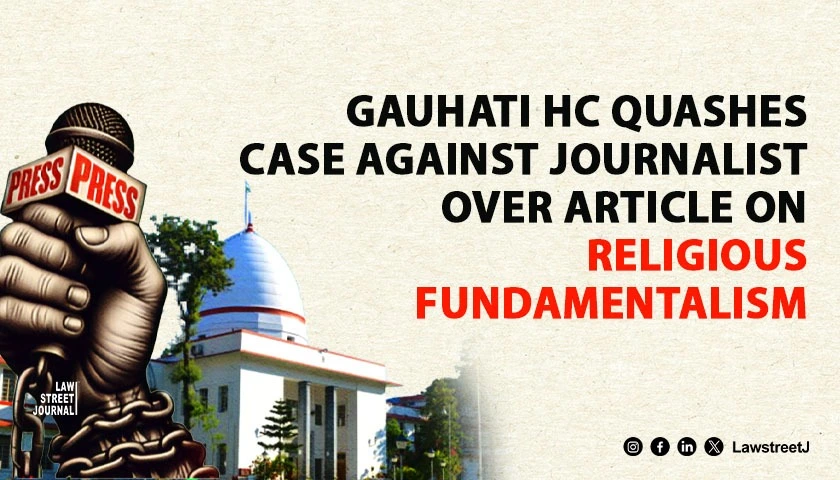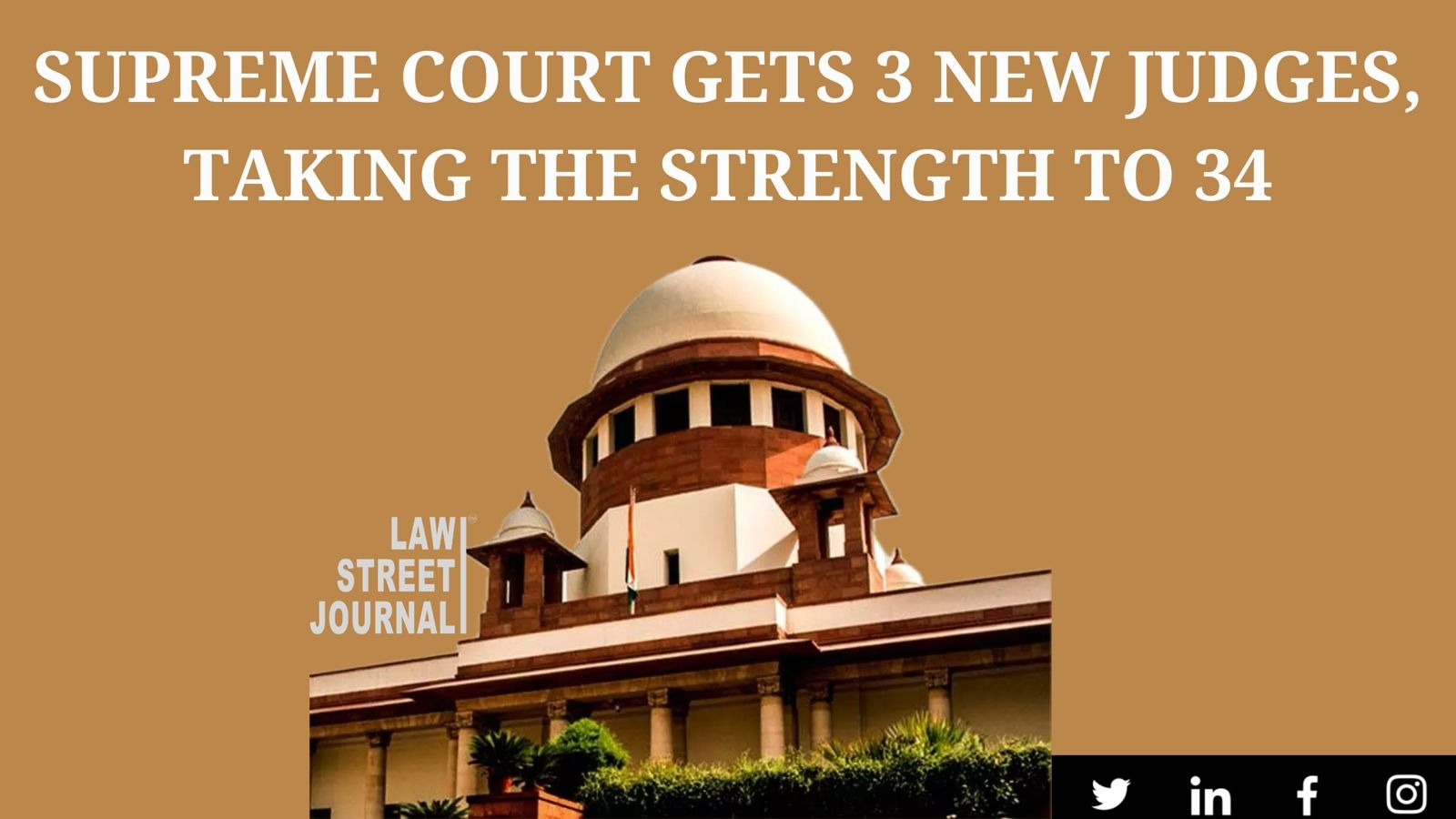Gauhati: The Gauhati High Court has quashed criminal proceedings against a journalist accused of promoting communal disharmony, ruling that highlighting concerns about religious fundamentalism and illegal migration falls within the legitimate scope of journalism.
Justice Pranjal Das delivered the judgment, emphasizing that raising pressing social issues cannot be construed as creating enmity between communities without the requisite criminal intent.
The court addressed Criminal Petition No. 988/2016 filed by Kongkon Borthakur, a journalist from Jorhat, seeking to quash an FIR dated November 11, 2016, which led to registration of Sivasagar P.S. Case No. 1008/2016 under Sections 153A/34 of the Indian Penal Code.
The case originated from a complaint filed by Farid Islam Hazarika, President of the All Assam Muslim Students Union (AAMSU) Sivasagar, against a newspaper article published in Dainik Janambhumi on November 8, 2016. The complainant alleged that the journalist’s report was disturbing communal peace in an area known for harmony.
The court described the article as “a journalistic report made by the petitioner after ground research” focusing on issues of religious fundamentalism in the concerned area, demographic threats posed by illegal migrants from a neighboring country, and militant activities linked to such fundamentalism.
In examining Section 153A IPC, which deals with promoting enmity between groups on grounds such as religion and language, the court relied heavily on the Supreme Court’s rulings in Patricia Mukhim v. State of Meghalaya and Bilal Ahmed Kaloo v. State of A.P., both of which established that criminal intent (mens rea) and the involvement of at least two communities are necessary ingredients for the offence.
Applying these principles, Justice Das held that the newspaper report was “a result of ground research, whereby the journalist is highlighting concerns about religious fundamentalism, the influx of illegal migrants, and militant activities carried out by fundamentalist groups.” The court added: “It is the core duty of journalism to raise issues of social importance. Raising concerns about illegal migrants, religious fundamentalism, militant activities and demographic threats to indigenous people cannot in itself be construed as an attempt to incite enmity or violence.”
Crucially, the court found that the journalist had not targeted any specific ethnic or religious group. Justice Das observed: “Upon examining the newspaper report that gave rise to the allegations in the ejahar, I find that the petitioner has not cast aspersions on any community or group.”
The court further cited Ramesh v. Union of India, which requires alleged criminal speech to be judged from the perspective of “reasonable, strong-minded and firm men,” not those who “scent danger in every hostile point of view.”
Ms. A. Neog, assisted by Mr. K. Goswami, Mr. P.K. Goswami, and Ms. J. Gogoi, Advocates, appeared for the petitioner, while Mr. K. Baishya, Additional Public Prosecutor, represented the State.
Case Title: Kongkon Borthakur vs. The State of Assam and Another



![Justice Nongmeikapam Kotiswar Singh appointed as acting Chief Justice of Gauhati High Court [Read Press Release]](/secure/uploads/2023/01/lj_9707_5c969d0f-570f-400a-ba8b-3b65cf825540.jpg)
![Collegium Recommends Chief Justices of Delhi, Rajasthan, and Gauhati High Courts for Elevation to Supreme Court [Read Order]](/secure/uploads/2023/11/lj_9736_933a94de-bdaf-43de-944b-b0e58e17edb5.jpg)
![Supreme Court Mandates Strict Scrutiny in Sexual Harassment Allegations at Work [Read Judgment]](/secure/uploads/2023/11/lj_3478_eef290f2-6acf-4296-9ee0-adf54f275609.jpg)







